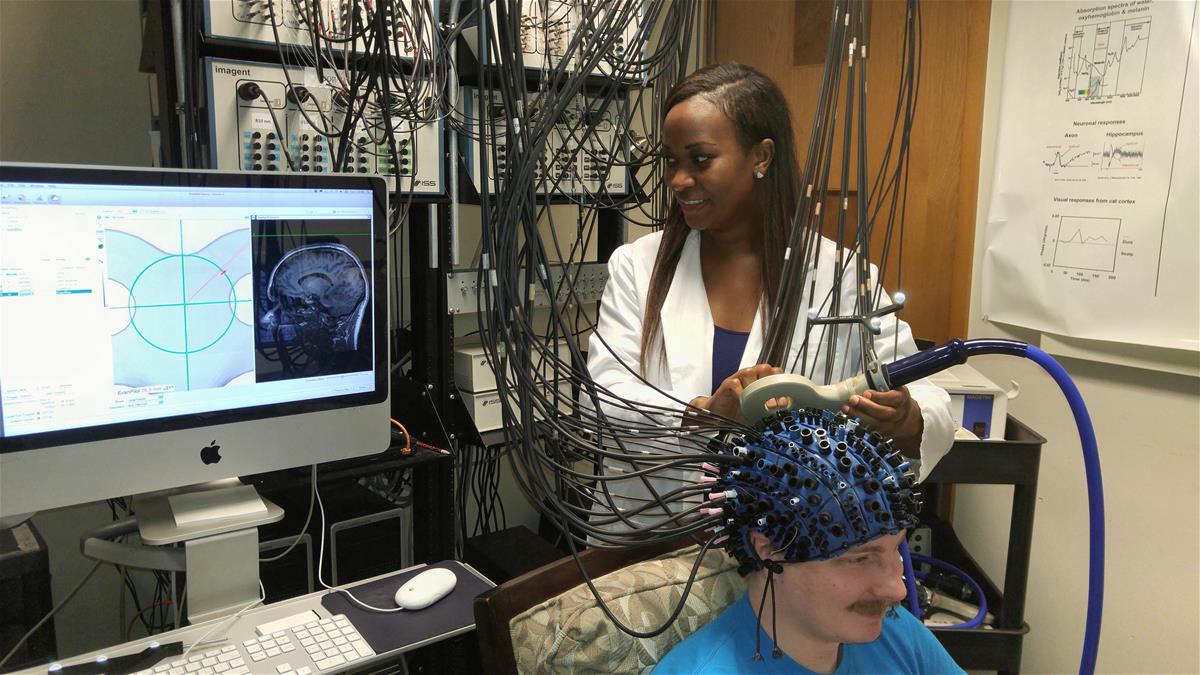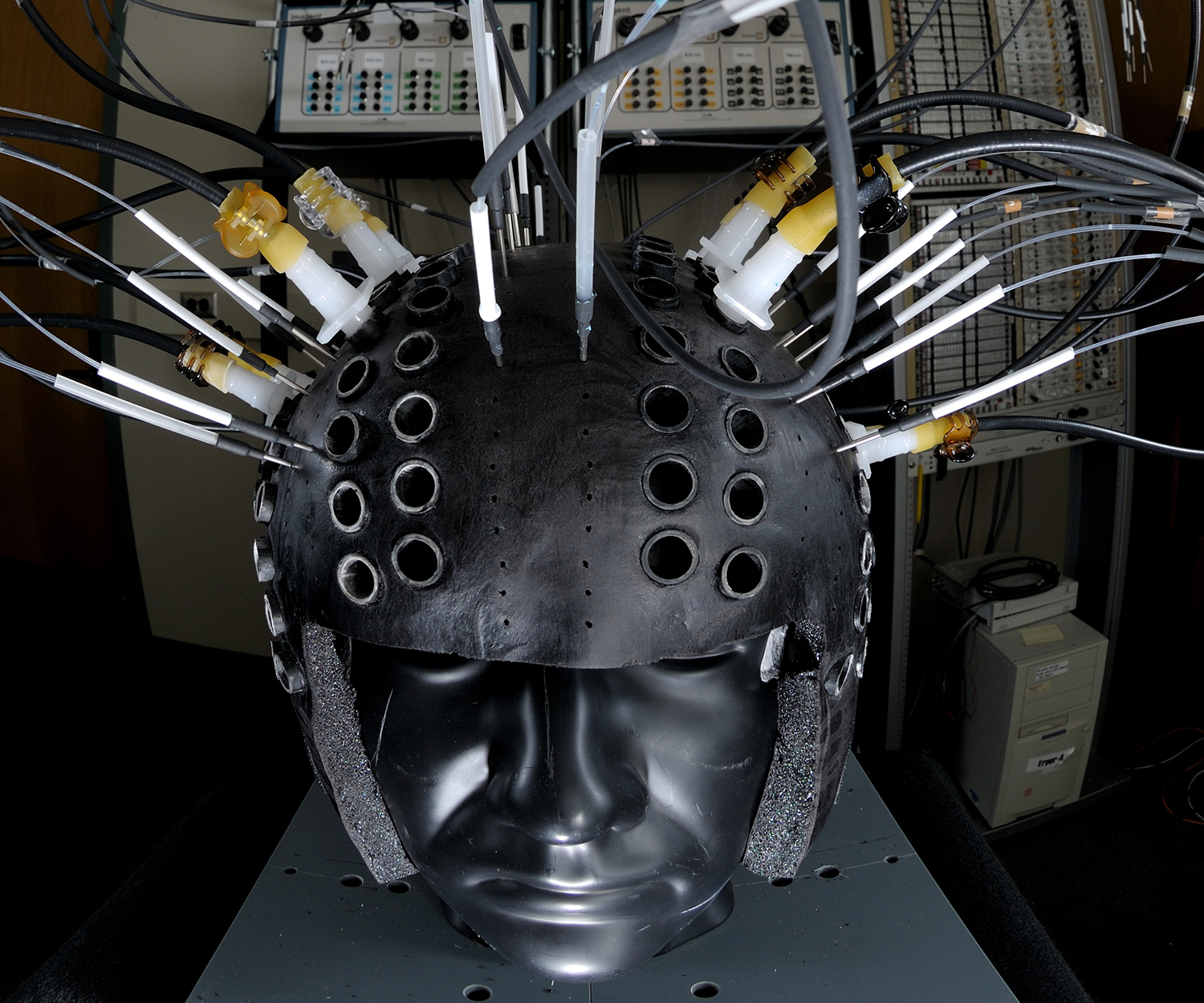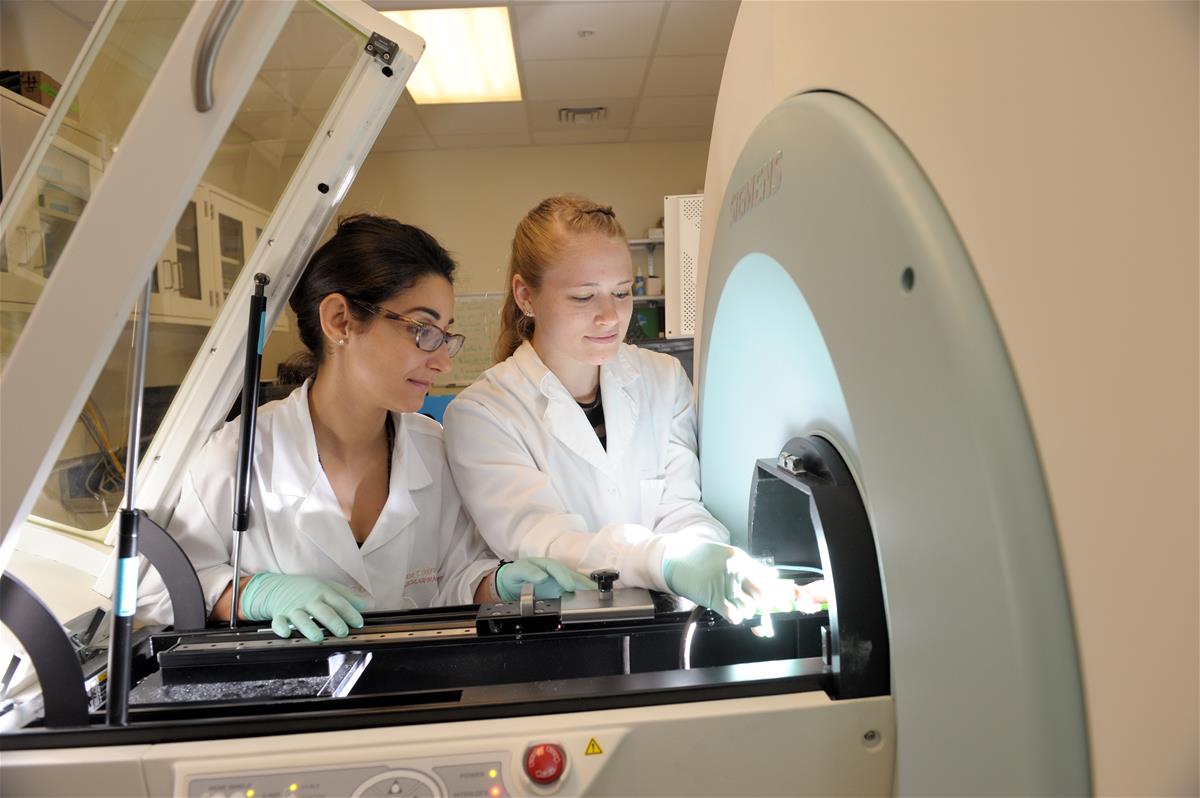Mechanisms of Cognitive Control
Cognitive control: A hallmark of intelligent behavior
To behave flexibly and adaptively, we must constantly re-direct our sensory systems and update our behavior to reflect our current goals.
Researchers in the Mechanisms of Cognitive Control group investigate the fundamentals of cognitive control. The ultimate goal: Improve it in both humans and machines.


Researchers in this group collaborate to:
- Understand the effects and limitations of directing our attention in both laboratory and real-world settings
- Understand the control and regulation of our emotional system both in healthy and clinical populations
- Assess the effects of exercise, cognitive training, and nutrition interventions on a variety of cognitive control mechanisms
- Understand how our ability to coordinate behaviors changes with age
- Understand the relationship between control processes and conscious awareness

Their research uses:
- Behavioral methods
- Eye-movement studies
- MR methods (sMRI, fMRI, MR spectroscopy, diffusion tensor imaging, arterial spin labeling)
- Electrophysiology (EEG and ERP)
- Optical imaging (EROS, fNIRS, pulse measures of arterial elasticity)
- Neural stimulation methods (TMS, tDCS)
- Patient studies
- Intervention studies
View people in this group
Group leader
- Gabriele Gratton
